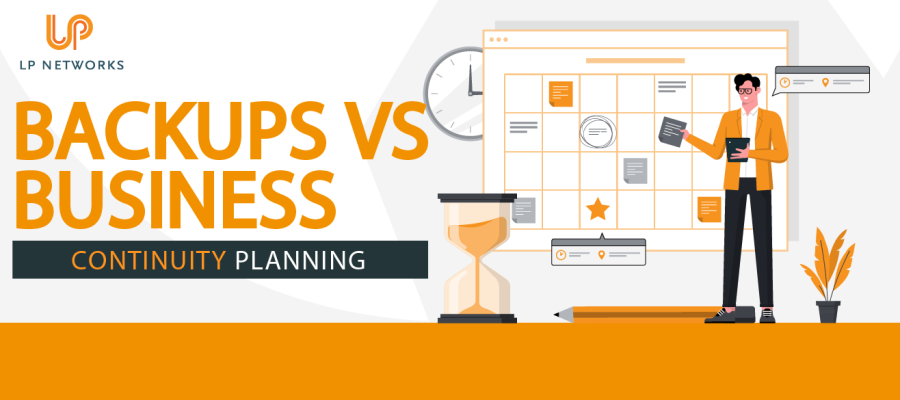- Solutions For
Specialist IT Support Services for:
- Popular Services
- Security
Security
- Our Expertise
Our Full Range of IT Services
- Learn
- About Us
- Contact
Posted 25th March 2022

Imagine a situation for a second, you go out to work for the day and leave your windows open. Inevitably you are robbed, and the safe that you had all your valuables locked in is stolen. When you call your insurance company, they refuse to cover your losses because you left the windows open. Nightmare! After all, you had all your precious belongings safely locked away, so they should have been safe. The obvious answer is that you should have made sure that the windows were locked and the burglar alarm was set. If that had been the case, your belongings would have been less likely to be stolen and, if they were, you would have been able to replace them.
Now take a moment to think about your IT. What lengths do you go to in protecting your business’ IT infrastructure and files? Many companies do regular backups, storing their files somewhere safe (possibly offsite in the Cloud). While this is an excellent first step in keeping your company assets secure, it’s similar to leaving everything in a locked safe but leaving the windows open. It won’t protect you if a disaster happens.
Business Continuity Planning (also known as Disaster Recovery) is a way of preparing yourself for potential disasters and implementing solutions that can get you back up and running as quickly as possible. If you imagine the situation with the safe and the burglary if your house was inaccessible (because maybe it was a crime scene) would you be able to function normally?
As we’ve already said, backing up your data and files is a great first step in any Business Continuity Plan and is something we recommend to all our customers, but if you can’t access the backups because of a disaster such as a cyberattack or a flood for example, how can your business continue to perform its normal functions?
Using a Business Continuity Plan enables you to identify every possible problem that could leave your IT inaccessible and puts solutions in place to help you recover and get up and running as quickly as possible. When thinking about whether you need a plan, there are several questions that you need to consider.
Within any Business Continuity Plan, you should always try to avert disasters before they happen (the same as locking the windows when you go out). So, you could implement staff training (80% of cyberattacks are caused by fraudulent emails), ensure that your system undergoes regular patch management and that all of your software is up to date, and begin working towards Cyber Essentials Certification – as not all disasters are physical.
Alongside this, you should also deploy disaster recovery software which is designed to ensure continuity of service. LP Networks are partnered with Datto, one of the leading suppliers of disaster recovery solutions, and can tailor our offering to meet your business’s security needs and budget. Our proactive approach allows us to head off threats before they become disasters, saving you and your business worry and money. Of course, prevention is far better than a cure. However, life likes to throw skew balls, and should a disaster happen; our team will work hard to help you reduce your potential losses.
If you’d like to learn more about how LP Networks can help you with your Business Continuity Planning, get in touch to arrange a no-obligation chat.

